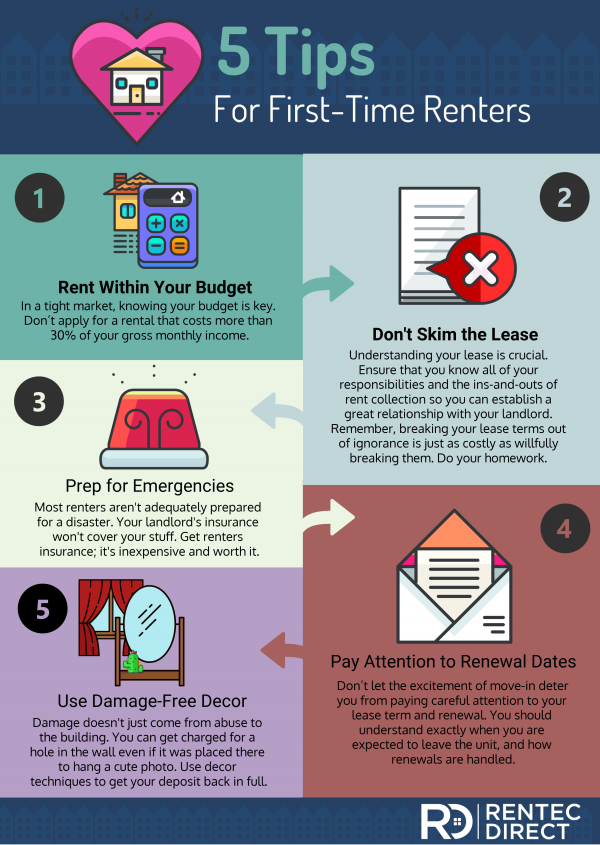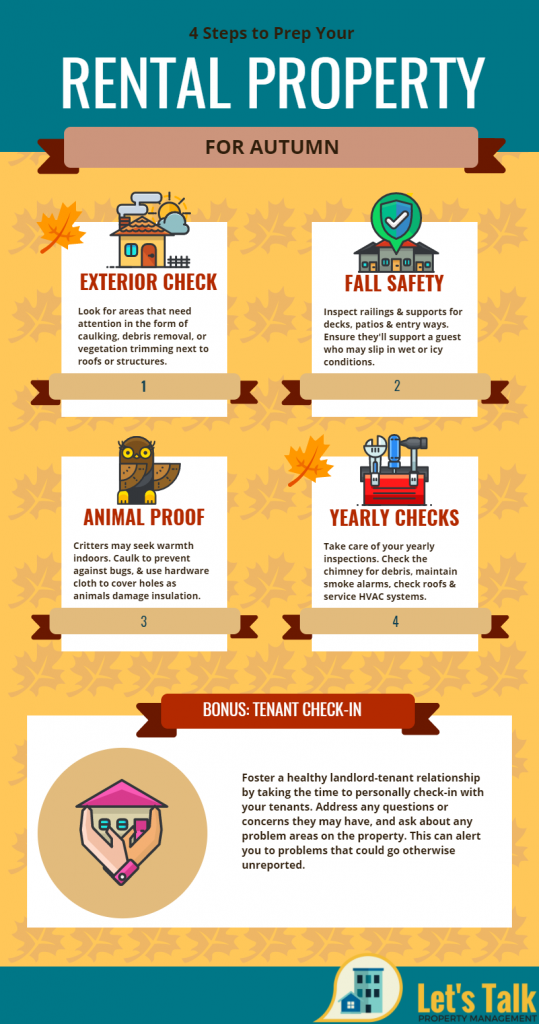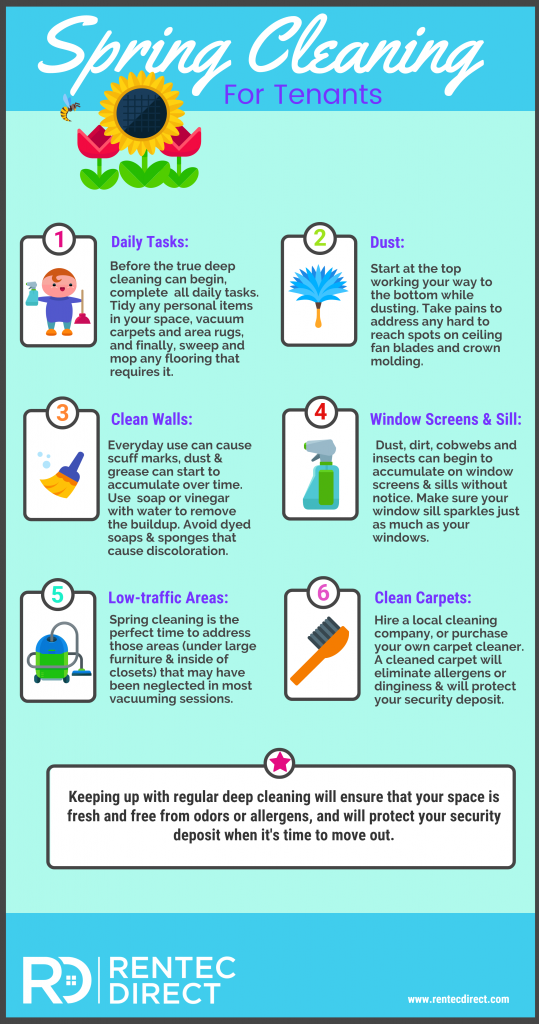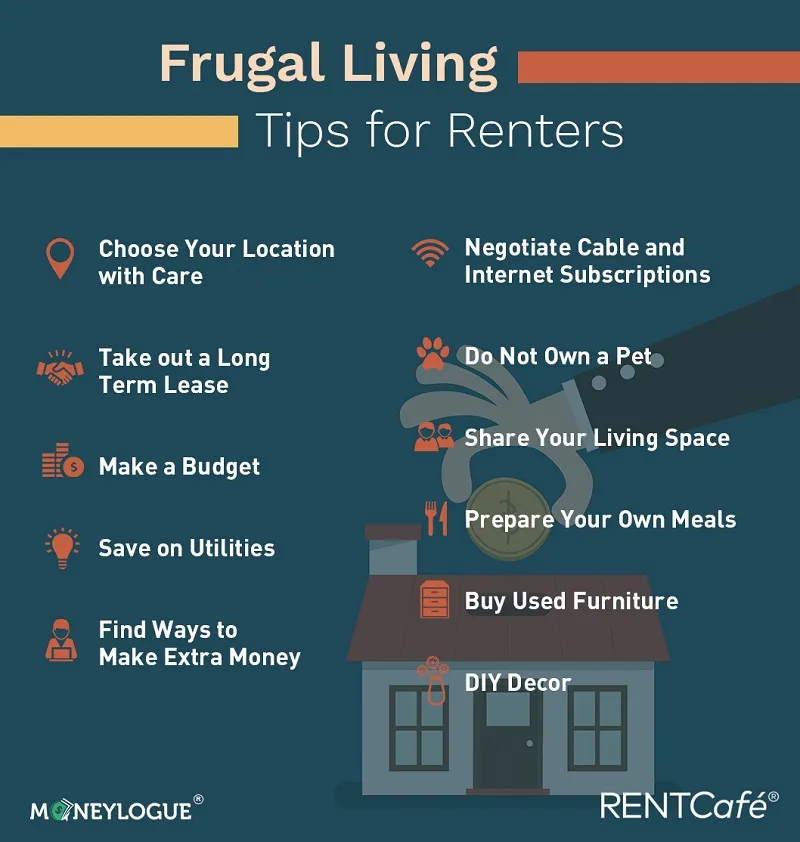Discover the insider secrets to maximizing your renting experience with expert tips that every tenant should know and implement.

Image courtesy of George Becker via Pexels
Table of Contents
- Introduction: Becoming a Smart Renter
- Understanding the Rental Agreement
- Searching for the Right Place
- Inspecting Your Potential Home
- Budgeting for Rent and Other Expenses
- Communicating with Your Landlord
- Maintaining the Rental Property
- Understanding Your Rights and Responsibilities
- Planning Your Move
- Conclusion: Becoming a Rent-Savvy Kid
- Frequently Asked Questions (FAQs)
Introduction: Becoming a Smart Renter
When it comes to finding a place to live, renting can be a great option. Whether it’s an apartment, a house, or a condo, renting gives you the chance to have your own space without the commitment of owning a property. In this section, we will dive into some important tips for renters and the essential rental advice you need to know to become a smart renter.
What is Renting?
Renting is like borrowing a place to live from someone else. Instead of buying a house or an apartment, you can pay a landlord a monthly fee, called rent, to live in their property. It’s a way to have a home without having to worry about owning it or taking care of big repairs.
Why Smart Renting Matters
Being smart about renting is crucial because it can help you save money and avoid problems. By knowing what to look for in a rental property, understanding your rights and responsibilities as a tenant, and communicating effectively with your landlord, you can make your renting experience smoother and more enjoyable. With the right tips for renters and rental advice, you can truly be a good tenant and make the most out of your rental experience.
Understanding the Rental Agreement
This section will explain what a rental agreement is and why it’s important to understand every part of it.
What’s in a Rental Agreement?
When you rent a place to live, you and the landlord will have a special paper called a rental agreement. Think of it like a rulebook for living in the rental place. The rental agreement will have important information like how much rent you need to pay each month, what rules you need to follow, and how long you can stay in the rental.
Questions to Ask Before Signing
Before signing the rental agreement, it’s essential to ask some questions to make sure you understand everything. Some questions you can ask are: What happens if something in the rental needs to be fixed? Can I have a pet in the rental? How much notice do I need to give before moving out? These questions can help you feel more confident about signing the rental agreement.
Searching for the Right Place
When searching for a place to rent, one of the most important things to consider is the location and how safe the surrounding area is. You want to make sure that the neighborhood where the rental is located is secure and peaceful. Look for places with well-lit streets, friendly neighbors, and maybe even a neighborhood watch program.

Image courtesy of www.rentecdirect.com via Google Images
Checking for Schools and Parks
For families, it’s also crucial to check for nearby schools and parks when looking for a rental. Living close to a good school means it’ll be easier for kids to get to school on time and have a safe and convenient place to learn. Parks are a great bonus as they provide a space for outdoor activities and relaxation. So, remember to consider these factors when deciding on the right place to rent.
Inspecting Your Potential Home
Before you decide to rent a place, it’s essential to inspect it thoroughly to ensure it meets your needs. Here are some tips to help you make the right decision:
What to Look for in a Rental
When you visit a potential rental property, take a close look at everything. Check if the taps are functioning properly, the lights are working, and there is enough space in the rooms for your furniture. Make sure there are no leaks or cracks in the walls that could cause problems later on. It’s also a good idea to ask about any previous issues the property may have had, like pests or plumbing problems.
Asking About Repairs
If you notice any issues during your inspection, don’t hesitate to ask the landlord how repairs are handled. Find out if they have a maintenance team or if you would need to contact someone yourself. It’s important to know how quickly repairs are addressed and if there are any additional costs involved. Clear communication with the landlord about repairs can help you avoid any misunderstandings in the future.
Budgeting for Rent and Other Expenses
In order to successfully rent a home, it’s important to plan a budget for rent and other necessary expenses. Let’s break down how you can figure out the right amount to spend on rent and still have money left for other costs.

Image courtesy of www.rentecdirect.com via Google Images
How Much Rent Can You Afford?
First things first, you need to determine how much rent you can afford based on your income. A good rule of thumb is to allocate around 30% of your monthly income towards rent. For example, if you earn $1,000 a month, you should aim to spend no more than $300 on rent.
By setting a budget for rent, you ensure that you can comfortably cover this expense every month without stretching your finances too thin. This way, you’ll have enough money left over for other essential needs.
Remembering Other Costs
While rent is a significant expense, there are other costs associated with renting a home that you need to consider when budgeting. These may include utilities like electricity, water, and internet, as well as groceries and transportation.
It’s crucial to account for these additional expenses when planning your budget to avoid any surprises down the line. By factoring in all expected costs, you can ensure that you have enough money set aside to cover everything you need to live comfortably in your rental home.
Communicating with Your Landlord
When you rent a place to live, it’s important to know how to talk to your landlord. Keeping a good relationship with your landlord can make your renting experience better. Let’s explore some tips on communicating effectively with your landlord.
Keeping a Good Relationship
One of the keys to being a good tenant is maintaining a positive relationship with your landlord. You can do this by being respectful, following the rules in your rental agreement, and communicating openly and honestly. Treat your landlord with kindness and consideration, and they’re more likely to respond positively to your requests.
| Tip # | Renting Tip |
|---|---|
| 1 | Research the rental market in the area to understand average rental prices. |
| 2 | Read and understand the lease agreement thoroughly before signing. |
| 3 | Inspect the rental property for any damages before moving in and document them. |
| 4 | Communicate openly and clearly with the landlord or property manager about any issues. |
| 5 | Understand your rights and responsibilities as a tenant under the law. |
| 6 | Pay rent on time to maintain a good relationship with the landlord. |
| 7 | Keep a record of all communication with the landlord or property manager. |
| 8 | Respect the property and neighbors to ensure a positive renting experience. |
When and How to Reach Out
There may be times when you need to contact your landlord, such as when something in your rental unit needs repairs or if you have a question about your lease. It’s important to know when it’s appropriate to reach out to your landlord. If it’s a non-urgent matter, like a question about the lease terms, you can usually send an email or leave a message. If it’s an emergency, like a burst pipe or a broken lock, don’t hesitate to call your landlord right away.
Maintaining the Rental Property
As a responsible tenant, it is crucial to take good care of the rental property you are living in. By maintaining the rental property properly, you not only ensure a safe and comfortable living environment for yourself but also show respect for the landlord’s investment.

Image courtesy of www.rentecdirect.com via Google Images
Everyday Cleaning and Care
One of the easiest ways to maintain the rental property is by keeping it clean on a daily basis. Simple tasks like sweeping the floors, wiping down countertops, and taking out the trash regularly can go a long way in keeping the rental in good condition. Remember, a clean space is a happy space!
Reporting Bigger Issues
Although regular cleaning is essential, there may be larger issues that require attention from the landlord. If you notice any major problems such as leaks, electrical issues, or broken appliances, it is important to report them to the landlord promptly. This not only helps ensure your safety and comfort but also allows the landlord to address the problem before it worsens.
Understanding Your Rights and Responsibilities
In order to be a responsible and savvy renter, it is important to understand your rights and responsibilities when living in a rental property. Let’s break down what this means in simple terms.
Knowing Your Rights
As a renter, you have certain rights that are protected by the law. These rights include things like privacy, the right to a safe and habitable living space, and protection from unfair practices by your landlord. It’s essential to know and understand these rights so you can advocate for yourself if needed.
Taking Care of Your Responsibilities
Along with your rights, you also have responsibilities as a tenant. One of the most important responsibilities is to pay your rent on time and in full. You are also expected to take care of the property and keep it in good condition. This means reporting any maintenance issues promptly and keeping the space clean and tidy.
By knowing your rights and fulfilling your responsibilities, you can have a positive and successful renting experience.
Planning Your Move
When it’s time to move into a new rental home or leave your current one, proper planning can make the process smoother and less stressful. Here are some savvy strategies to help you prepare for your move:

Image courtesy of www.rentcafe.com via Google Images
Before You Move In
Before you move into your new rental home, there are a few important things you should do to ensure a smooth transition:
- Inspect the property: Before signing any agreements, make sure to inspect the rental for any damages or issues. Take note of any existing problems and inform your landlord so they can be addressed.
- Get familiar with the neighborhood: Take a walk around the area to get to know your surroundings, find the nearest grocery store, park, school, or any other place you may need.
- Set up utilities: Contact the necessary utility companies to set up your accounts for water, electricity, and internet services before moving in.
When It’s Time to Move Out
When it’s time to move out of your rental home, there are a few key things to remember to ensure a smooth departure:
- Clean and tidy up: Before leaving, make sure to clean the rental property thoroughly. This includes scrubbing floors, cleaning appliances, and ensuring no personal items are left behind.
- Check for damages: Inspect the property for any damages that occurred during your tenancy. If you notice any issues, inform your landlord before leaving to avoid losing your security deposit.
- Return keys: Remember to return all keys and access cards to the landlord or property manager before officially moving out.
Conclusion: Becoming a Rent-Savvy Kid
As a future renter, it’s essential to be smart about the decisions you make when it comes to renting a place to live. By following these savvy renting strategies and tips for renters, you can ensure a smooth and stress-free renting experience. Let’s quickly recap the key points to keep in mind as you embark on your journey to becoming a responsible renter.
Quick Recap
First and foremost, always remember to carefully read and understand your rental agreement. It serves as your guidebook for living in your rental place, so knowing its ins and outs is crucial. Ask questions before signing anything to ensure you’re clear on all terms.
When searching for the right place to rent, consider the location, safety of the surrounding neighborhood, proximity to schools and parks, and any specific features that are important to you and your family.
Before moving in, inspect your potential home thoroughly. Check for any damages or issues, and don’t hesitate to ask the landlord about how repairs are handled. By being proactive, you can prevent future headaches.
Budgeting for rent and other expenses is a must. Figure out how much rent you can afford based on a simple budget, and don’t forget to account for other costs like utilities and groceries.
Communication is key in maintaining a good relationship with your landlord. Reach out when necessary and handle everyday cleaning and care of the rental property responsibly. Report any bigger issues promptly to ensure they are addressed in a timely manner.
Understanding your rights as a renter and your responsibilities is important. Know your rights to privacy and fair treatment, and fulfill your responsibilities like paying rent on time and taking care of the property.
Lastly, when it’s time to move in or out of a rental home, be sure to plan ahead. Before moving in, check for any damage and upon moving out, remember to leave the property in good condition to secure your security deposit.
By following these tips and strategies, you can become a rent-savvy kid and navigate the world of renting with confidence and ease. Keep these guidelines in mind, and you’ll be well on your way to being a responsible and successful renter.
Frequently Asked Questions (FAQs)
Can Kids Help with Renting Decisions?
Yes, kids can definitely help with renting decisions! While the final decision usually rests with parents or guardians, kids can share their thoughts and preferences about where they would like to live. They can help look for important features like a safe neighborhood, nearby schools and parks, and even help in checking out potential rental properties. Kids can play a part in making sure the new rental home is a good fit for the whole family.
What If You Have a Pet?
If you have a pet, it’s essential to check with the landlord or property manager if pets are allowed in the rental property. Some places have specific rules about pets, like size or breed restrictions, so it’s essential to clarify this before moving in. You may need to provide additional deposits or pay pet rent, but always make sure to take good care of your furry friend and follow any pet-related rules outlined in your rental agreement.
Idaho Poperty Management
